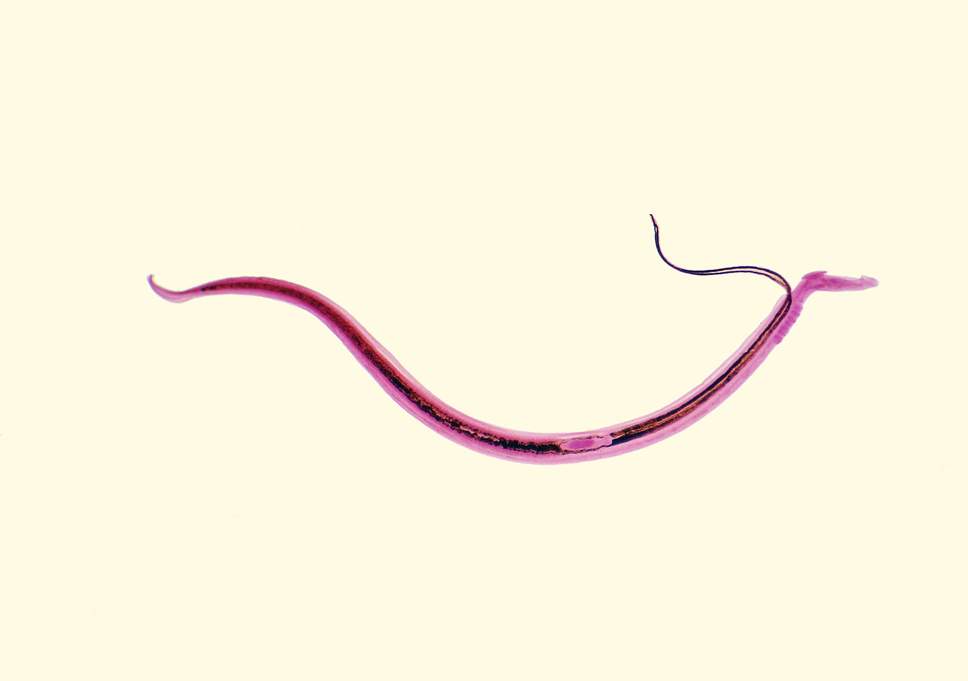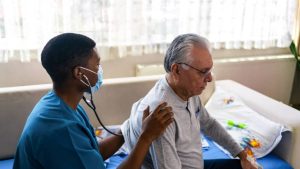Learning More About Schistosomiasis Treatments and Parasitic Infections

In undeveloped countries, parasitic worm infections can become a problem. That is why schistosomiasis control is necessary. This type of treatment approach is directed to at-risk individuals and can reduce the infections by as much as 60% after one treatment session. This type of treatment has been established by the World Health Organisation, which targets the coverage areas. Some of the areas where schistosomiasis control is needed include Africa, Southeast Asia, the Western Pacific, and the Eastern Mediterranean.
Parasitic Worm Infections
You can also find treatments required in both North and South America or anywhere that the diseases of poverty flourish. Deworming is necessary among impoverished children as it can lead to serious conditions in adulthood. Parasitic infections can happen in a child of any age and therefore affect infants, toddlers and young children in various settings. For example, one parasitic infection, giardiasis, causes diarrhoea. This disease is spread through contaminated faeces.
Some Examples
A child of any age can develop a parasitic disease such as cryptosporidiosis or giardiasis from swallowing tainted water or from eating contaminated dirt. For example, toxoplasmosis is spread by ingesting soil that has been infected by animal faeces. Children can also contract the infection if their mother had it when she was pregnant.
Several parasitic diseases occur often in developing countries. One of these diseases is strongyloidiasis, which is a worm infection that is particularly hazardous to children with a weak immune system. This infection develops when larvae in the dirt has been infected with contaminated human faeces. When the dirt enters a child’s skin, he or she becomes sick.
Other diseases such as cutaneous larva migrans occur when a child walks over contaminated soil. Two of the best ways to prevent contamination by parasitic diseases are teaching children the importance of washing their hands with soap and water and receiving schistosomiasis treatments for parasitic infections.
What Needs to Be Done
Periodic drug administration of schistosomiasis treatments greatly reduces the incidence of disease and leads to elimination of the problem. Schistosomiasis and intestinal worm infections are categorised under Neglected Tropical Diseases. Currently there are about one billion people infected in poor communities throughout the world.
In Conclusion
Anyone who does not have access to sanitation or clean water can get sick. The highest level of infection affects children who are of school age. This type of outbreak can affect a child’s development and affect his or her ability to attend school. Also, the effects of the disease reduce productivity and trigger internal organ damage. In women, the risk for HIV is greater when they contract an intestinal worm infection. They can also have problems with infertility when they acquire an infection. If you want to assist in helping in this type of cause, you need to learn more about getting involved, especially when it comes to schistosomiasis control.







